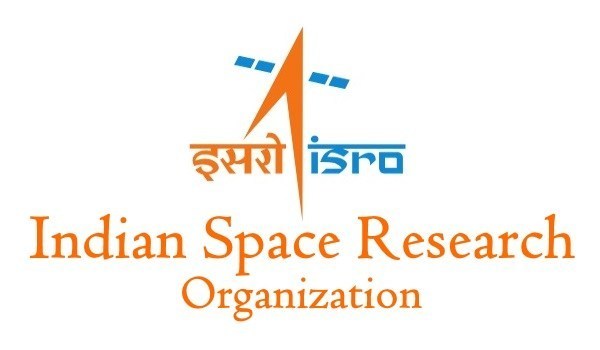Part 1 of 3 Parts
Anirudh Sharma graduated from engineering college just two years ago. In June of this year, Sharma’s company, Digantara (which means “space” in Sanskrit) launched the world’s first commercial space-based space weather system. He says that the technology is “kind of like Google Maps for space.”
During June, India’s Prime Minister Narendra Modi mentioned Digantara in his monthly radio show. He said that Digantara is one of India’s cutting-edge space companies that the world should watch. By 2021, the company had raised millions of dollars in seed funding. It is India’s first private company that is prepared to send forty satellites to identify and potentially clean up space junk. Space junk travels at fifteen times the speed of a bullet. It can riddle a spacecraft with holes. It is estimated that the space junk monitoring market is worth about three billion dollars this year.
Sharma gave an interview about starting Digantara along with co-founders Fahul Rawat and Tanveer Ahmed. He said, “Honestly, it’s just great timing, not just as a company focusing in this area, but also as an Indian company.”
India’s space program started in 1969 with the formation of the government’s India Space Research Organization (ISRO). However, in 2020, Modi announced that the country is going to concentrate its money and efforts into the private space sector. This could lead to India’s own Space-X type ventures.
Sharma says that Indian private space companies are growing faster than Space-X which is valued at over one hundred billion dollars. He added that “Other countries are recognizing that India is going to be huge in space, and it will continue to grow.”
The global space economy is worth almost half a trillion dollars. The U.S. and China are the biggest spenders. India currently accounts for only two percent. However, experts say that the rate of change in the Indian space program will thrust it into the top tier of space exploration. A big part of this change is India’s shift to privatization of space activities.
There have been over one hundred active space startups since 2012. This was reported in the Economic Survey of India. Many of these startups are currently competing to be authorized by the newly created InSpace. InSpace is the Indian Space Promotion and Authorization Center. It is an agency that will serve as a link between ISRO and private space sector companies. Digantara is one of two private companies to have received authorizations so fat.
Chethan Kumar is a Times of India journalist who has been covering the space sector for over a decade. He told an interview that the greatest impact from privatization so far is the independence and financial support given to the private players. ISRO has more than three hundred and fifty partners. This puts India in fifth place globally in terms of strength of private companies in the space sector. However, their role was restricted to building components for ISRO.
Kumar said, “It was only a matter of time for the government to empower private companies in the space sector. I’d even say that this could’ve come a decade ago, given ISRO’s considerable progress in developing indigenous space technology. The time has now come to create newer space tech and on-demand launch services, which will require commercial players’ participation complementing that of ISRO.”
Please read Part 2 next
